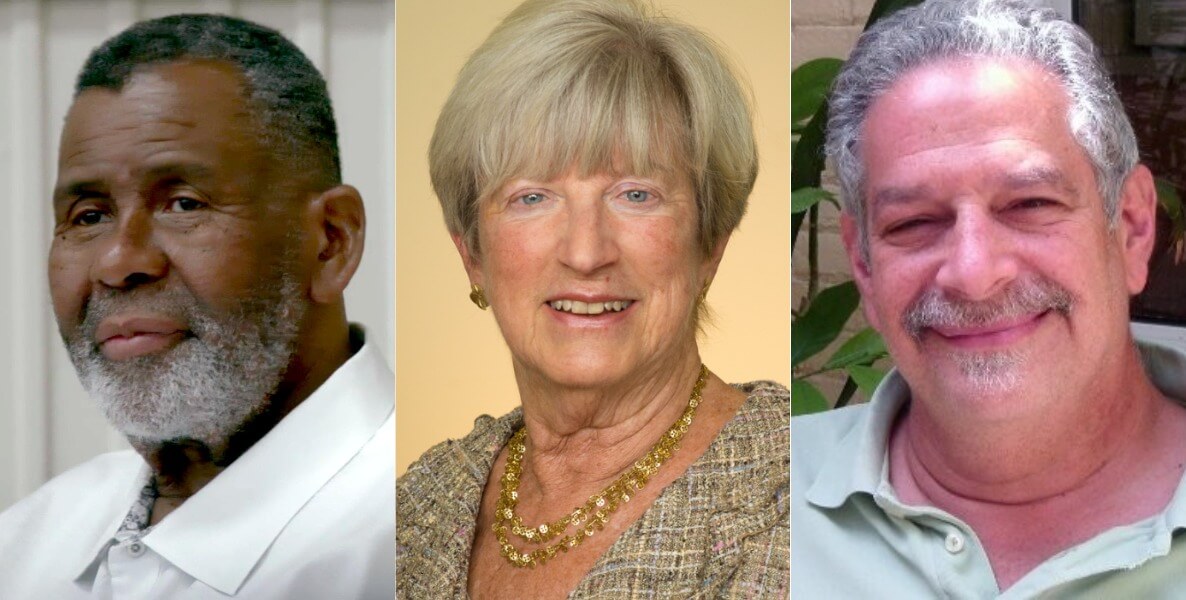When news of Lynn Yeakel’s death filled my social media feeds, I reflected on the enormous contribution she made to Philadelphia’s civic infrastructure; one that I far too often take for granted. Her abrupt passing adds to a leadership void compounded by the passing of two other important civic architects lost in the last year: Sultan Ahmad and Steve Honeyman.
Lynn’s understated Main Line style belied the extraordinary clarity and determination with which she built Women’s Way. She took the rare path of someone with means fighting to get money into the hands of those without it. She made it clear, with a uniquely Yeakel grace, that the old boys club had too long marginalized women. She unapologetically shook down her social network to secure needed resources for organizations for women, led by women. To this day the organizations we now consider pillars of the women’s community owe much of their stability and longevity to the vision and wisdom of Lynn Yeakel.
In fact, Lynn’s political brilliance managed to make women’s empowerment a cause that men who wanted to get ahead also had to support. For decades nearly every corporate leader and elected official understood that they had to pay homage to Lynn and the organizations supported by Women’s Way and Vision 2020 to get up the civic ladder. From the humble beginnings of the women’s movement, Lynn was a major force in not just getting women to the table, but building other tables run by and for women that continue to fuel women’s services and women leaders to this day.
Sultan Ahmad
Sultan Ahmad is as well known in the Black community as Lynn is with the women’s movement. Sultan’s civic star started to rise when he played a pivotal role in helping elect the city’s first Black mayor. Soon after that historic election, I worked under Sultan’s tutelage at the Mayor’s Office of Community Services where he tirelessly sought to improve the conditions of North Philadelphia, his home neighborhood.
Sultan showed those in power how rich community and family networks defined North Philadelphia, not just poverty. Like Lynn, Sultan was a visionary advocating an assets-based approach to social change long before the term ever surfaced in social science. And like Lynn, Sultan created the language for confronting poverty that galvanized those who experienced it and made it impossible for those in power to look away.
Sultan’s son’s death to gun violence broke the heart of this gentle giant, and it spurred him to demand still more of community leaders. Sadly, he is no longer here to lead this work. Fortunately for all of us, the legacy of his anti-violence leadership lives on in the many community-based anti-violence programs across our city.
Steve Honeyman
Steve Honeyman was right out of central casting, a chain smoker with a devilish smile, a huge heart and an even bigger commitment to social justice. Although he is not a well-known name to most Philadelphians, our civic landscape is replete with those he trained in community organizing and leadership, including myself.
I met Steve when I was in my early 20s and was immediately taken by his deep understanding of power and the role that average citizens can and must play to make society more equitable. Steve coached community leaders and taught us to understand that full, lasting social equity required authentic community organizations building grassroots support to amass power and demand their share of the pie.
The dramatic societal shifts toward equity are happening because activists like Steve partnered with low-income Philadelphians, coaching them to build strong multi-racial networks that made demands on the political and economic institutions of our city. How sad that, as the Black Lives Matter movement finally pushes equity to the top of the agenda, Steve isn’t here to be part of the struggle.
The life’s work of Steve, Sultan and Lynn shows that when people, especially those affected by social injustice, do the hard work, build the broad coalitions, carefully craft messages and relentlessly increase the clout of their efforts, change does happen. Simply put, Philadelphia is a better place because of the work and commitment of these three civic heroes, and we are all in their debt.
Donna Cooper is the executive director of Children First. She served as Pennsylvania’s secretary of policy during the Rendell administration and deputy mayor while Rendell was mayor. Cooper also worked for Mayor Goode as the program director for the Mayor’s Office of Community Services. Cooper began her civic engagement as a community organizer in Philadelphia.
![]()
RELATED




